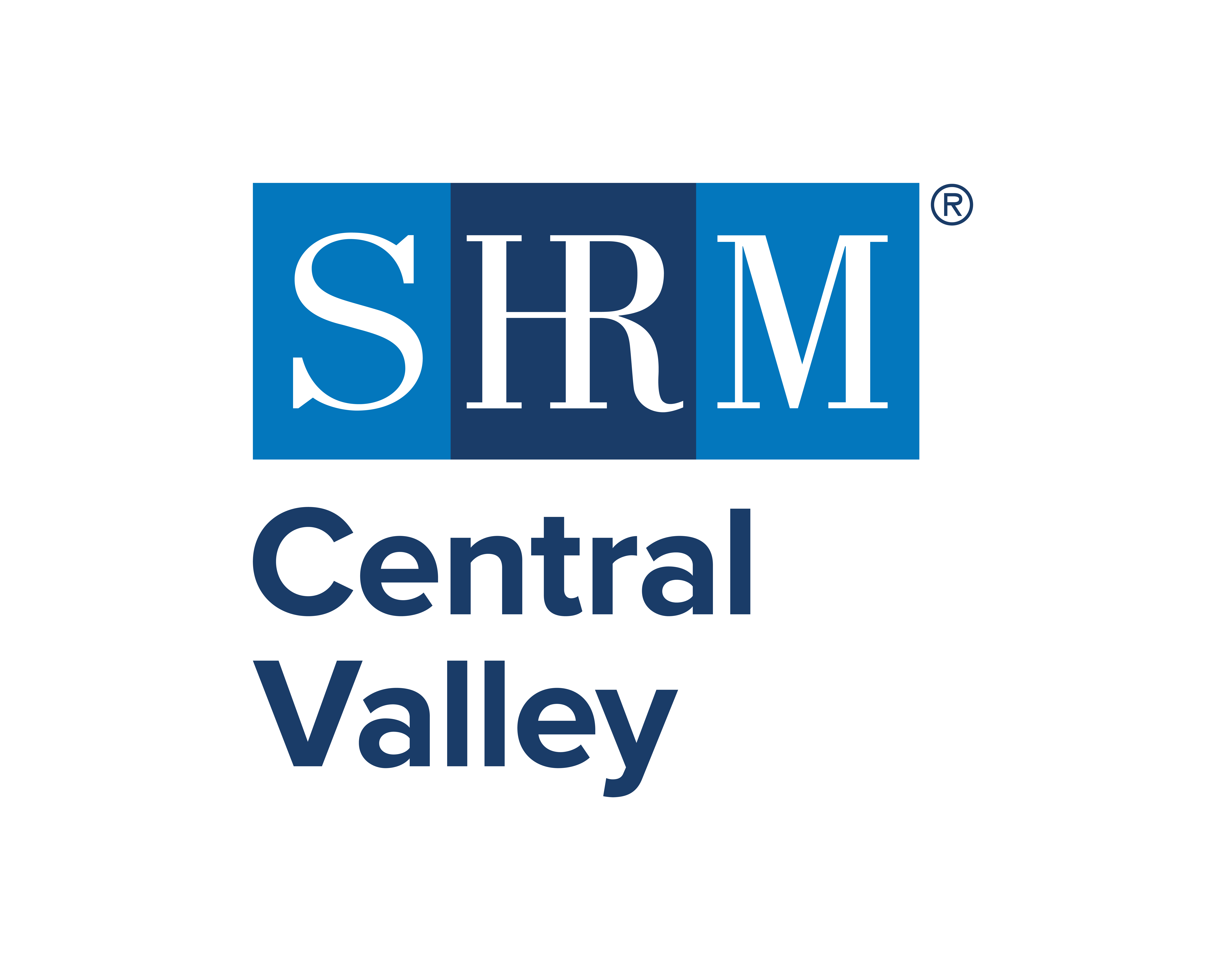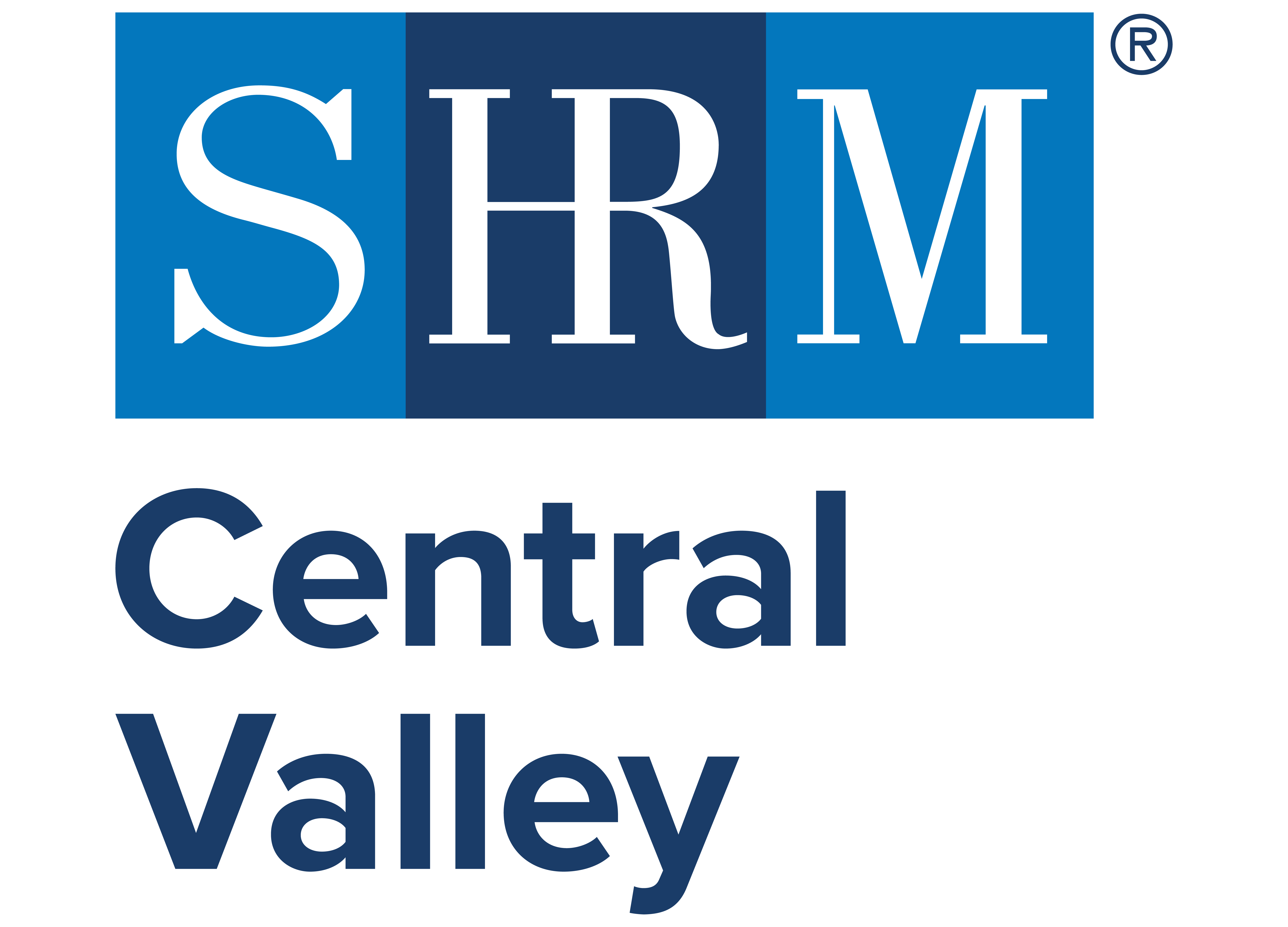Written by: Sandy Reed
Feb 29, 2016
Exam selection is without a doubt among the top 3 questions I get from certification seekers, and with good reason. Taking the wrong test the first time increases the failure rate, and can demoralize even the brightest stars from trying again. So, what’s the answer?
1. Don’t rely on your job titles
It is difficult to craft a universal reply simply because HR professionals have an incredibly unique combination of work experience, education, regional exposure, skill sets and all the other bits and pieces that weave together our qualifications. For this reason, each crusader must take a good long look at their work experience rather than their job titles. For example, individuals in management roles may have many of the competencies being tested such as hiring, termination and performance management without having a “human resources” title.
Dummies tip: Print out the exam content outlines from hrci.org. Using this as a checklist, calculate the percentage of on-the-job experience you have for each exam objective. The test with the greater experience percentage is the one to take!
2. Be a lifelong learner.
It’s OK to start with the PHR, even if you feel qualified to take the SPHR. Practicing human resources is unique in that it applies across all industries and borders. HR requires both practical and academic knowledge along with the critical thinking skills to apply that knowledge to a thousand different situations, all with moving targets. HR is also fluid in that how we do our jobs changes with each new year, new laws, and new national politics. For all of these reasons, HR professionals must be in constant learning mode, and must have a strong foundation from which to build our competencies. Starting with the PHR sharpens your baseline, preparing your mind for the terminology and best practices for on-the-job application and testing success. It also allows for less stress during preparation, as students who take the PHR first, then the SPHR already have the baselines learned through their PHR prep activities. This means they can spend their SPHR study time on the SPHR-Only exam objectives. It’s how I tested, and I passed both the PHR and the SPHR the first time. This works.
Same dollars, totally different outcomes. Think about it: You can pay for the SPHR and fail, then pay to take it again. Or, you can pay for the PHR, take it and pass, then go for the SPHR. Same money spent, much better return on investment.
3. Trust the pre-tests
You must take pre-tests before you start to study. You must take pre-tests before you apply for the exam. You. Must. Take. Pre-tests. These scores will help you see where your strengths and weaknesses are, and are invaluable both at the test selection stage and when crafting a study plan. I would argue that your first $80 of prep money should be spent on the practice exams from HRCI. This is because HRCI uses retired exam questions on these practice tests so it is likely the most accurate assessment of your skills. Choose the exam where you score best or feel most comfortable.



 You probably won’t pass the first few practice exams. Well, no kidding! The goal of an assessment is just that- to assess where you are today before you start the prep work. How will you know where to focus if you don’t know where to start?
You probably won’t pass the first few practice exams. Well, no kidding! The goal of an assessment is just that- to assess where you are today before you start the prep work. How will you know where to focus if you don’t know where to start?